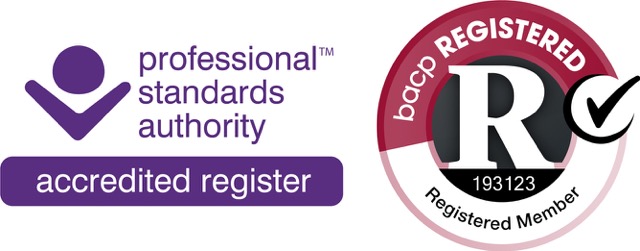Corporate work
Anxiety, stress and depression are increasingly common problems for employers in today’s working environment. More than ever, we feel the need to give everything to our jobs. This often means prioritising work over personal lives, and sometimes even over our health. We all experience life-crisis issues at different stages in our lives. Experiences such as bereavement and loss, relationship and family difficulties, substance misuse (including alcohol issues) and stresses at home can all preoccupy someone’s thinking and distract them from work. In certain safety-sensitive industries this can also be a major risk.
Workplace counselling offers a specialist viewpoint and skillset. I am mindful of the context in which the employees work and have a crucial understanding of the environment to which the employees will be returning.
I provide support to people – individual & group work- in organisations across all sectors, locations and sizes. While counselling is available on the NHS, the long waiting times, lack of specialist insight, inflexibility of appointment times and locations make workplace counselling a more attractive option to many employers.
Several factors, primarily the size of the organisation and the funds available, dictate how counselling is provided within an organisation. More important than the type of service used is the understanding that counselling must be confidential and voluntary, so it should not be used as a conditional requirement or as part of a disciplinary process.
Workplace counselling often helps employees who are absent from work, and there is evidence that counselling support can accelerate the rehabilitation of an absent employee, saving the organisation money in the long run. In short, everyone who works in an organisation is a potential client.
There is a growing evidence base for the efficacy of counselling generally, and, within the profession. A 2010 systematic study by McLeod of the research evidence, showed that workplace counselling interventions have been found to reduce sickness absence rates in organisations by as much as 50%. This fact alone demonstrates the cost-effective nature of counselling, and the positive impact it can have on an organisation’s productivity.
